Control and Integration Licenses
Facilitate the management of your facilities and power plants according to needs and scenarios with control and integration licenses.
Control and Licenses
Manual Power Control
In solar energy plants, manual power control allows for the manual limitation of power output to increase energy production while preventing over-limitation issues. This enables adjustment and regulation of power output on individual or collective inverters as desired. Through the user-friendly interface of LOGGMA data loggers, these limitations can be managed remotely without the need for on-site visits.
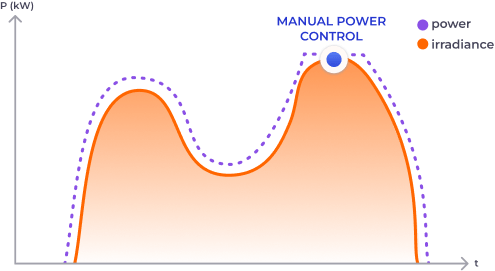
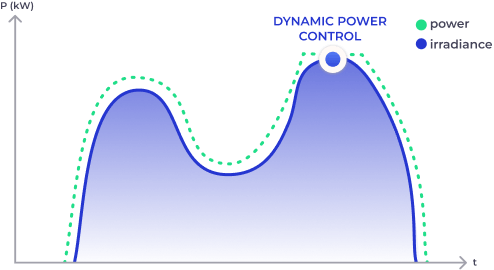
Dynamic Power Control
With LOGGMA’s Dynamic Power Control, inverters are automatically limited based on the main power output of the plant, preventing over-limitations. This ensures that demand power exceedances are avoided while enabling greater energy production compared to Static Power Control methods.
Manual Reactive Power Control
This license, activated to prevent reactive power penalties, allows for manual adjustment of the reactive energy output of plants. Through the user-friendly interface of LOGGMA data loggers, these adjustments can be managed remotely without the need for on-site visits.
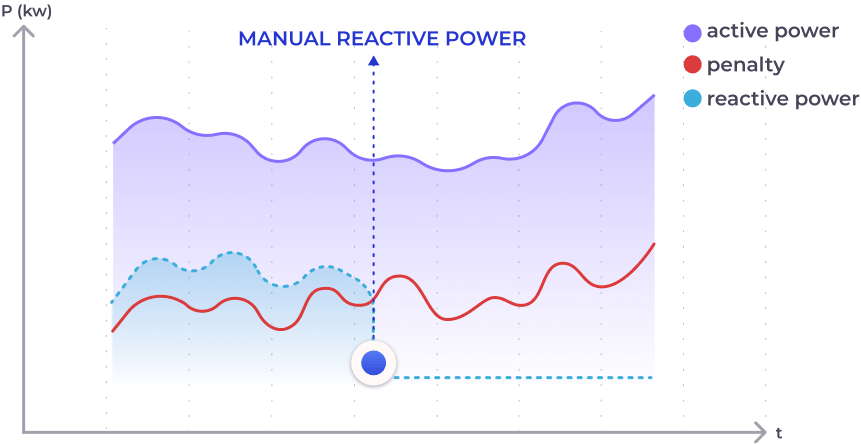
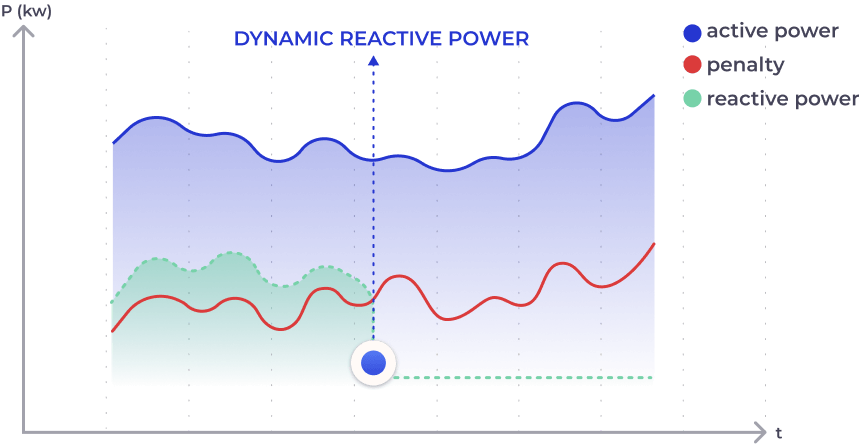
Dynamic Reactive Power Control
This license, activated to prevent reactive power penalties, enables the automatic and dynamic adjustment of reactive energy output from plants.
Zero Feed-In
In facilities that both produce and consume energy, scenarios where no energy is fed into the grid can be achieved through the Zero Feed-in feature. Real-time production and consumption points are measured, and the inverters in the solar energy plant are limited according to consumption, ensuring that only as much energy is produced as needed internally.
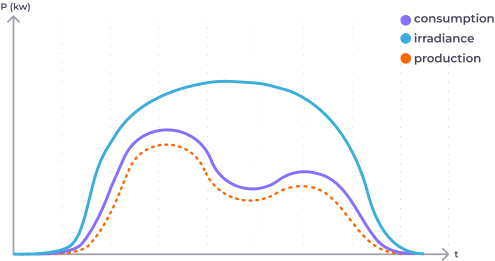
I/O Control
With our engineering services, we provide comprehensive solutions for the communication architecture and topology of energy plants. We guide new plant installations and resolve communication issues in existing plants.
Preventive Protection
(Fallback)
A fallback system is a protective mechanism in energy plants that ensures the shutdown of breakers under specified conditions. This system adds an additional layer of protection to ensure the safety of the energy plant. It activates in case of exceeding defined limit values or unexpected conditions, preventing unwanted incidents at the plant. For example, in a solar energy plant, it helps reduce the risk of demand power exceedance.
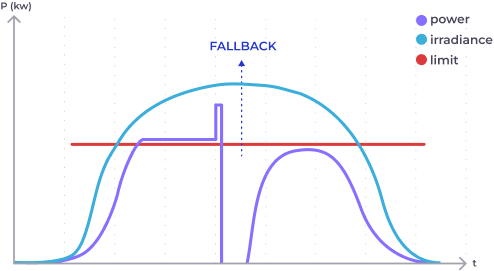
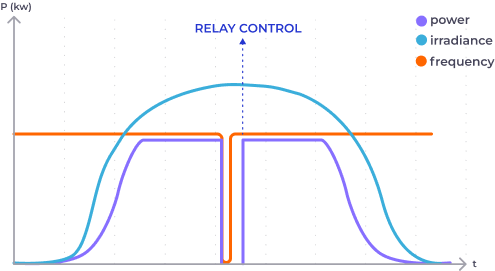
Relay Control
The Relay Control system operates automatically or manually in scenarios requiring direct remote control, such as remotely turning a plant on or off or shutting down air conditioners after hours, aiming to minimize visits to the plant or facility.
SCADA Integration
SCADA integration provides significant convenience by facilitating data transfer with third-party SCADA systems. It allows direct integration with external monitoring infrastructures such as OPC-UA, IEC-104, or Modbus. Additionally, it facilitates direct integration for P2P tests with relevant distribution companies (EDAŞ) and TEİAŞ (Turkish Electricity Transmission Corporation).
LOGGMA – External SCADA Communication Protocols
IEC 104 (IEC 60870-5-104)
The IEC 104 protocol serves as a bridge between data loggers integrated into energy monitoring systems and SCADA systems. This protocol is used to securely transmit data from sensors and devices in energy monitoring systems to SCADA systems. This ensures seamless data flow between energy monitoring and SCADA systems, facilitating effective monitoring and control of energy operations.
OPC-UA
OPC-UA serves as a standard communication tool between energy monitoring systems and SCADA systems. It enables communication between sensors and data loggers in energy monitoring systems and SCADA systems via OPC-UA, facilitating compatible and reliable data sharing among different devices.
Modbus
The Modbus protocol facilitates data exchange between energy monitoring systems and SCADA systems. Devices in energy monitoring systems can use the Modbus protocol to allow SCADA systems to pull measurement and monitoring data. This ensures compatibility across a wide range of devices.